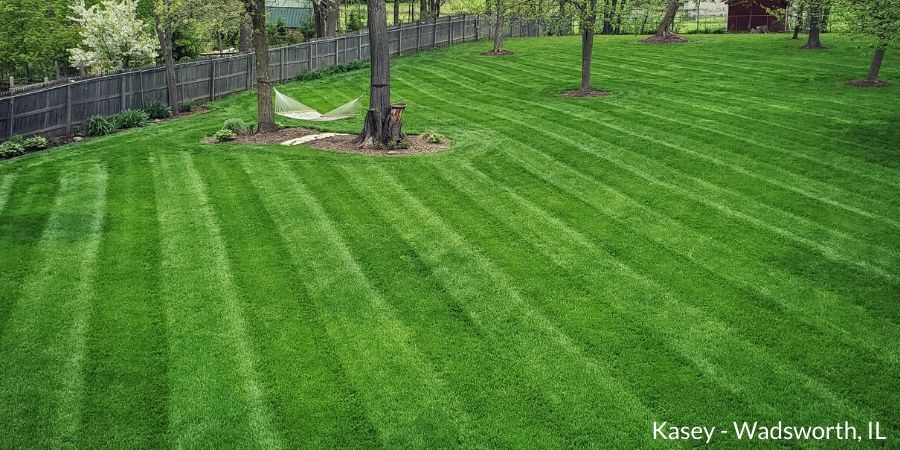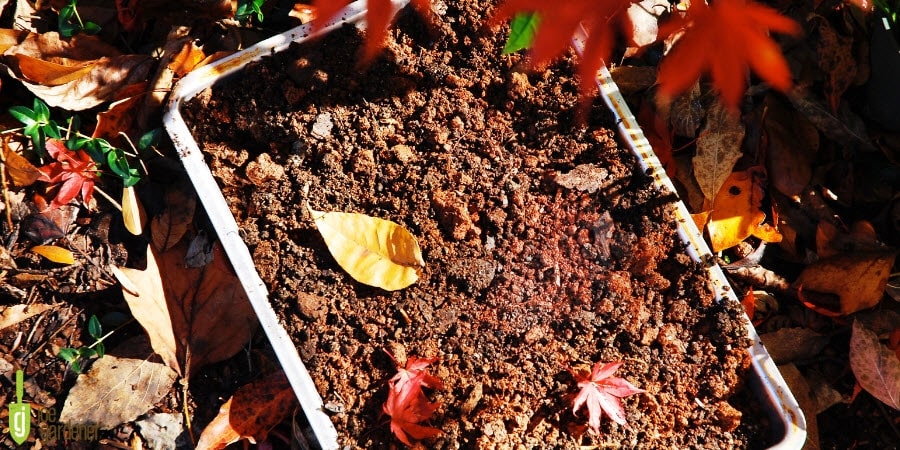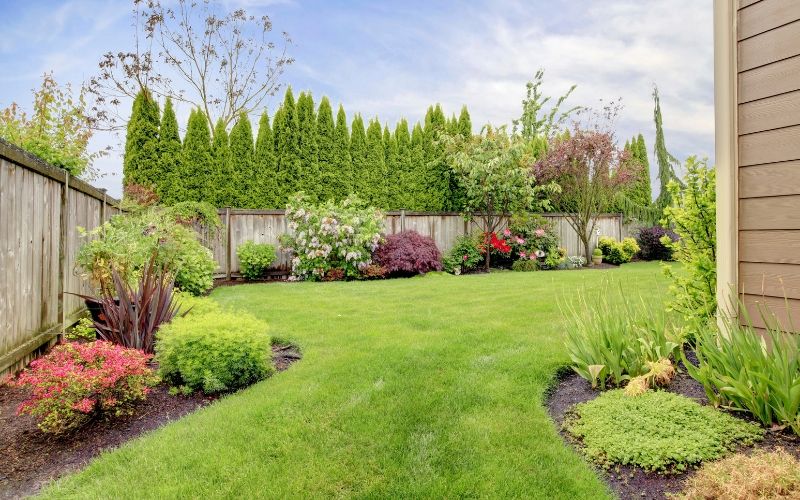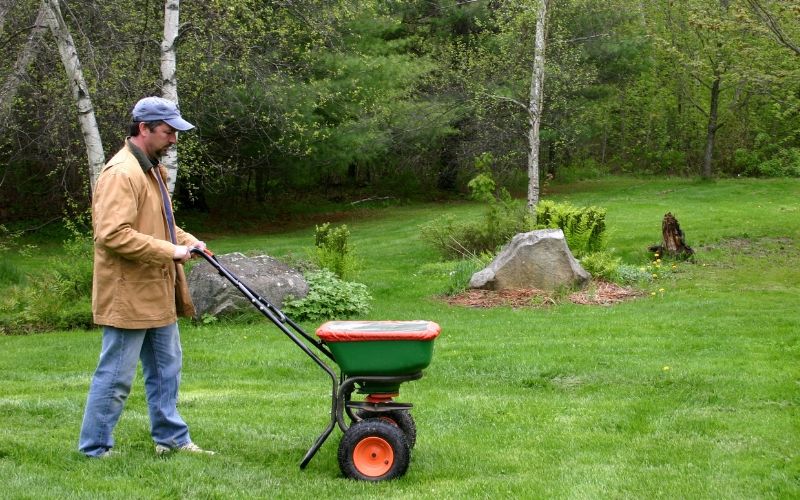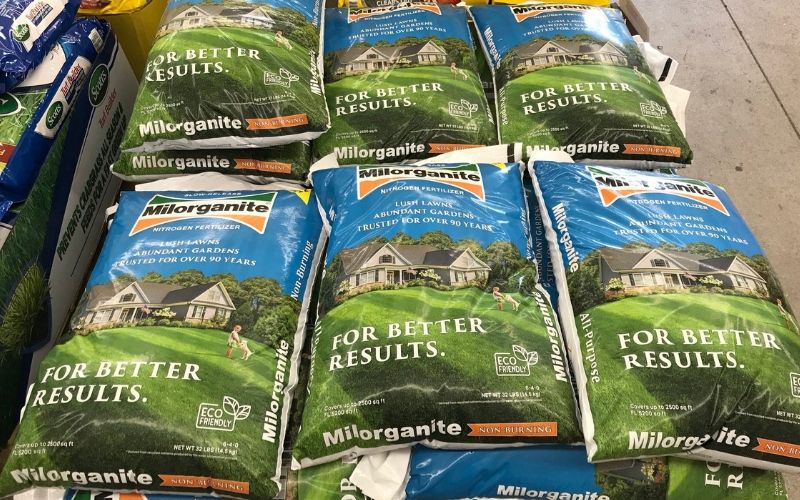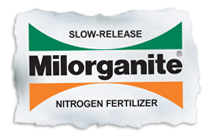Non-leaching Phosphorus
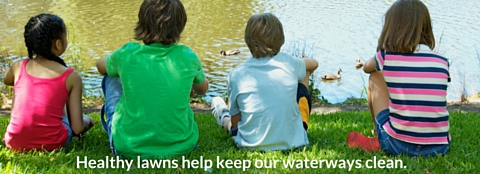
What is Phosphorus?
Phosphorus is a naturally occurring element. It’s number 15 on the periodic table, and its abbreviation is P. It’s an element needed by both plants and humans.
How Do Plants Use Phosphorus?
Plants, including grass, need phosphorus, as it contributes to a number of important functions. Phosphorus:
- Plays an important role in photosynthesis.
- Helps plants breathe.
- Supports energy transfer and storage.
- Helps plants use water efficiently.
- Promotes root growth and the development of new tissue.
- Is associated with root development.
Leaching and Nutrient Runoff
The term leaching is used when referring to nutrients flowing into the ground. Runoff is caused by precipitation, and the water remains on the surface.
Nutrient runoff—excess nitrogen and phosphorus being washed into waterways by rain—is a significant global water pollution problem. Although vital for plants, in excess phosphorus contributes to algae blooms, fish kills, blocked culverts, odors, and objectionable appearance in ponds, lakes, and streams. Industry, agriculture, farming, and construction are major sources of nutrient runoff. Improper fertilization of home lawns can also be a contributor.
Not All Phosphorus is Created Equal
There are different types of phosphorus used in fertilizers, including triple superphosphate (TSP), which has been a commonly used source of phosphorus in chemical fertilizers for many years. “Over 90% of the total phosphorus in TSP is water soluble, making it rapidly available to plants,” but also makes it more likely to leach or runoff.
The phosphorus in Milorganite® is in a recycled, “bound” form and is slowly released at a rate plant can use. This type of phosphorus significantly reduces the likelihood of leaching or runoff.
The Irony: Phosphorus Can Help Decrease Phosphorus Runoff
“Huh? Isn’t that a contradiction?”
It may seem like a contradiction, but research has demonstrated that healthy lawns fertilized with the right type of phosphorus can actually reduce phosphorus runoff, even compared to unfertilized lawns!
Healthy lawns play a key role in keeping our waterways clean. A thick, lush lawn—the kind of lawn you’re looking for—serves as a filtration system that cleans and purifies water as it returns to the ground or runs into streams, rivers, and lakes. This natural water filtration reduces leaching and runoff.
Research conducted by the University of Florida compared the slow-release phosphorus found in Milorganite to fertilizers with other synthetic sources of phosphorus. It demonstrated that the insoluble, bound form of phosphorus in Milorganite, which is more readily available to plants, is significantly less likely to leach. The phosphorus is released at a rate and amount plants can use, rather than rapidly, which can contribute to nutrient runoff.
Proper Fertilization to Avoid Runoff
Use an environmentally friendly fertilizer, such as Milorganite, that’s less likely to leach into waterways. Milorganite complies with phosphorus regulations in all states.
You can reduce nutrient runoff by not fertilizing within 10-25 feet of any waterways. Check your state laws for the minimum distance between fertilizer applications and waterways in your area. Create a buffer zone of grasses and natural vegetation along a shoreline to help prevent soil erosion and retain some of the nutrients that might otherwise enter a waterway.
Avoid fertilizing if heavy rain is expected, and never dispose of fertilizer in waterways, wetlands or other bodies of water. After fertilizing, sweep excess fertilizer from solid surfaces, such as driveways, decks, patios, streets, and sidewalks, back onto the lawn.
Milorganite Articles
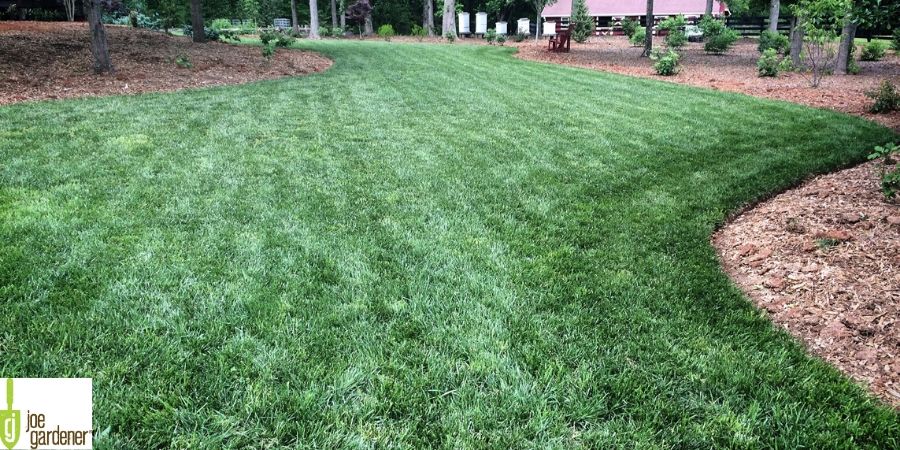
Rehabilitating Your Lawn Naturally
By Joe Lamp'l
Gardening Expert and Host of Growing a Greener World®

